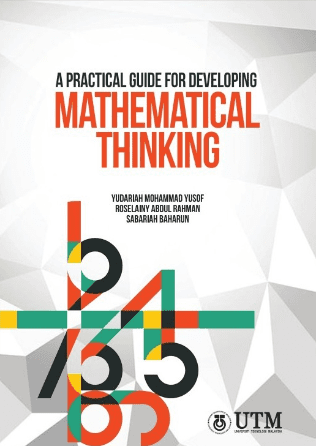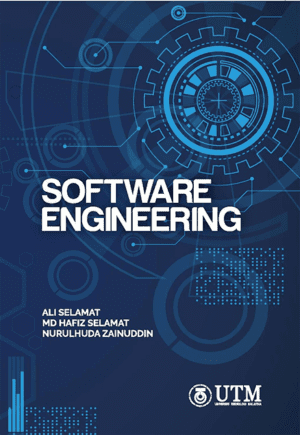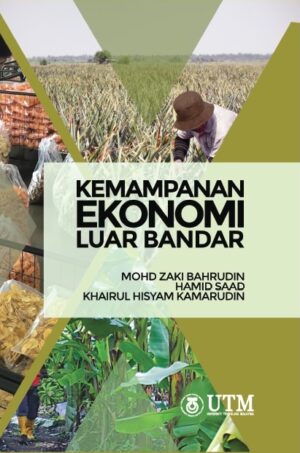Description
This guide offers a fresh perspective to support the learning of mathematics which engages students in thinking mathematically, making use of their natural powers to make sense of the world around them. Effective mathematical learning involves the awareness of the ability to use and to enhance one’s own mathematical powers. The question is, how can we get learners to use their own mathematical thinking powers? In our quest to find answers to this challenging question, we collaborated with several researchers and mathematics teachers through a series of studies. This book is a consequence and an attribute of these investigations. In particular, the book presents some ideas and insights on invoking students’ use of their own mathematical powers in learning mathematics. The book opens with educational theories and principles that underlies our proposed mathematics teaching and learning; this is followed by a comprehensive discussion on mathematical powers and mathematical themes that pervade mathematical topics. We provide illustrations on how mathematical tasks, taken from secondary school and undergraduate texts, can be altered and modified to make mathematical processes and structures explicit. The book concludes with pedagogical strategies that demonstrate the suggested ideas for implementation in the classroom. Mathematics educators, teachers and students.





